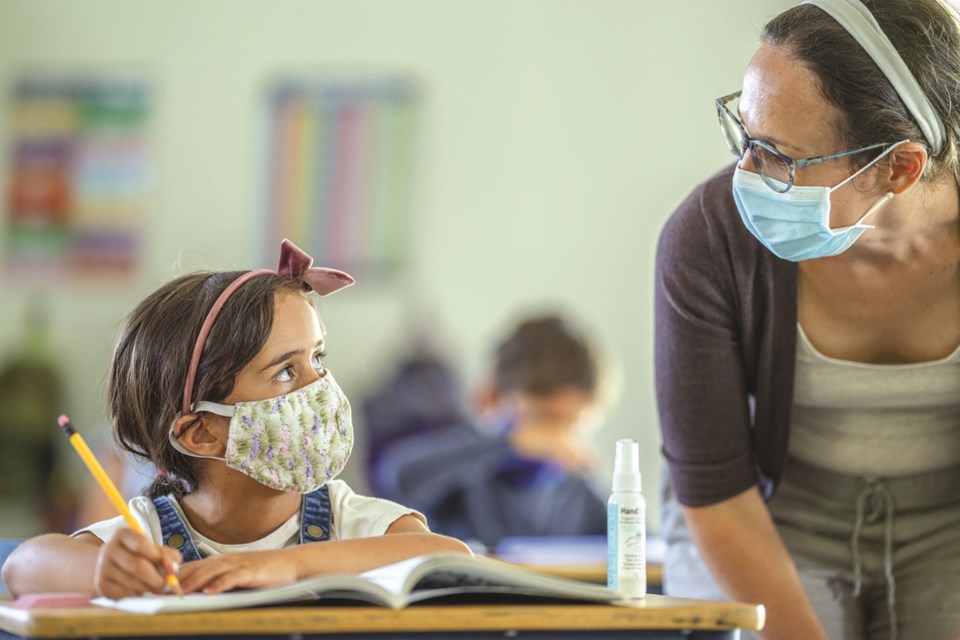LAKELAND - Last week, the Government of Alberta announced increased education funding in response to more than a year of disrupted learning during the COVID-19 pandemic.
The provincial government says it will be providing $45 million in new funding to "jump-start targeted supports for students who require extra help with literacy and numeracy after two school years of pandemic-impacted learning."
Locally, the news is welcome.
"We very much are aware that in the last 12 plus months there have been disruptions to student learning, but to what extent we are not yet fully aware," says St. Paul Education superintendent Glen Brodziak. "As a school division, we already have started planning for targeted literacy and numeracy committees to be formed in September to ensure any gaps in learning can be addressed."
As such, the announcement is welcome news for St. Paul Education and fits in with planning already in place for the next school year.
According to information from the Government of Alberta, the targeted programming is based on feedback received from superintendents across the province.
"Early research indicates literacy and numeracy are two key areas where some younger children are experiencing challenges as a result of the pandemic. Research also indicates that early intervention with struggling readers can help students catch up to grade level," according to the provincial government.
Without intervention, many students could continue to struggle throughout their school lives.
"Alberta has worked hard to keep schools open through most of the pandemic, but we know that many children have still been set back in their learning," said Premier Jason Kenney.
The government is giving school authorities flexibility to design programming to best meet local needs by offering small group sessions for up to 16 weeks for students in Grades 1 to 3 who are assessed as needing extra support.
Earlier this spring, a voluntary program for schools was launched to look at the impact of the pandemic, focusing on reading deficits among early learners. An expert panel is also looking at the impacts of the pandemic on school-aged children.
Research on reading levels by George Georgiou, a professor in the Department of Educational Psychology at the University of Alberta, found that, in fall of 2020, some students in Grades 1 to 3 were reading about eight to 12 months behind grade level, according to information from the Government of Alberta.
The pandemic originally sent students home to learn in March of 2020. Students returned to in-person classes in September but many were sent home to learn at various points due to provincial measures and isolation requirements, for example.
It was found that schools that intervened quickly with struggling readers were able to help about 80 per cent of those students catch up to grade level.
"Based on modelling and input from school authorities, it is anticipated that approximately an additional 15 per cent of students in Grades 1 to 3 will need literacy and numeracy support next school year, directly due to COVID-related learning disruptions," according to the provincial government. That number is around twice as many students requiring intensive support than school authorities would expect in a typical year.
It is estimated that about 50,000 students could benefit from the funding.



